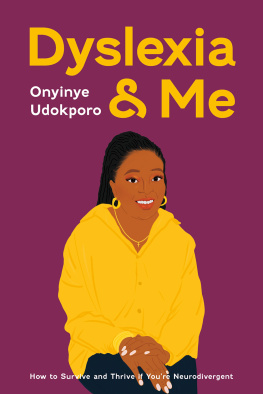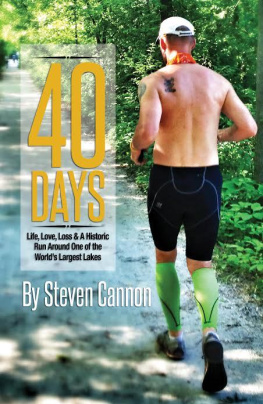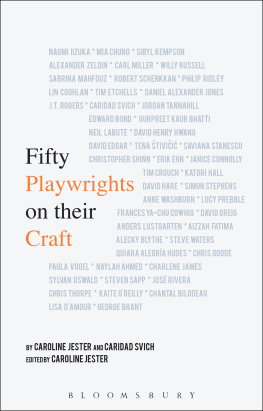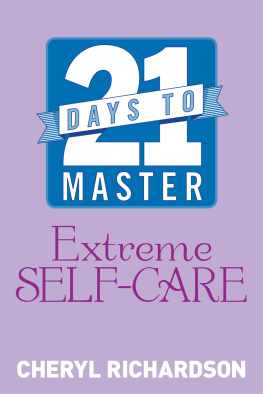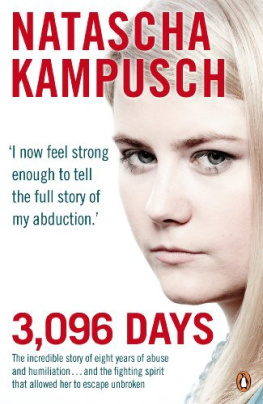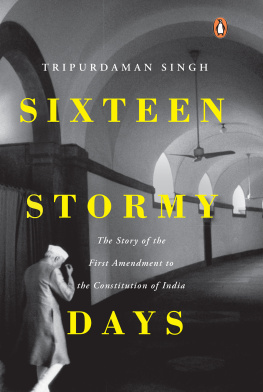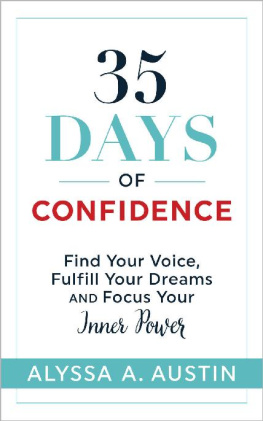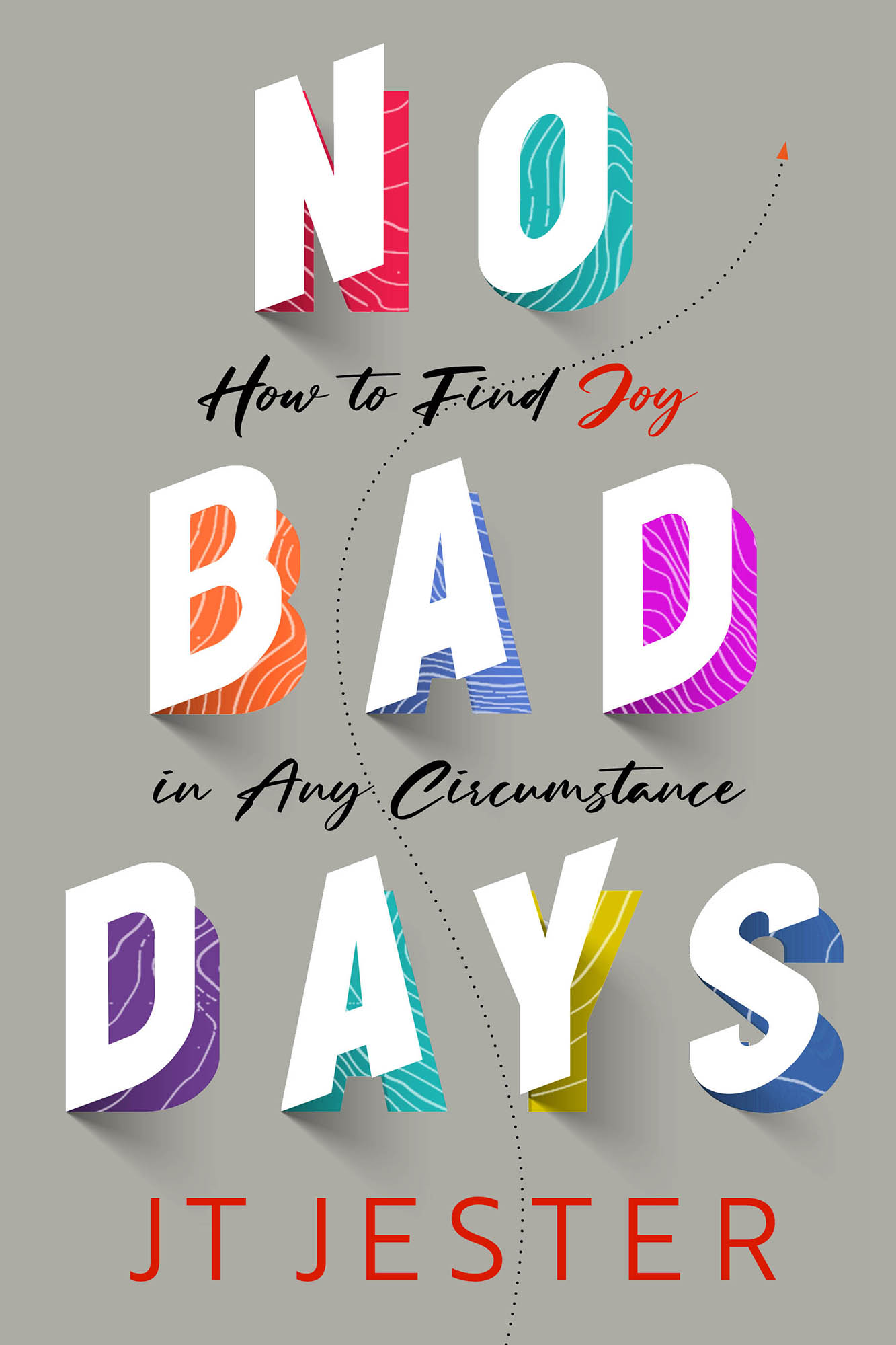Contents
Guide
No Bad Days
How to Find Joy in Any Circumstance
JT Jester
No Bad Days: How to Find Joy in Any Circumstance
2022 JT Mestdagh
All rights reserved.
No part of this book shall be reproduced or transmitted in any form or by any means, electronic, mechanical, magnetic, and photographic, including photocopying, recording or by any information storage and retrieval system, without prior written permission of the publisher.
No patent liability is assumed with respect to the use of the information contained herein. Although every precaution has been taken in the preparation of this book, the publisher and author assume no responsibility for errors or omissions. Neither is any liability assumed for damages resulting from the use of the information contained herein.
All Scripture quotations, unless otherwise indicated, are taken from the Holy Bible, New International Version, NIV. Copyright 1973, 1978, 1984, 2011 by Biblica, Inc. Used by permission of Zondervan. All rights reserved worldwide. www.zondervan.com. The NIV and New International Version are trademarks registered in the United States Patent and Trademark Office by Biblica, Inc.
Scripture quotations marked NLT are taken from the Holy Bible, New Living Translation, copyright 1996, 2004, 2015 by Tyndale House Foundation. Used by permission of Tyndale House Publishers, Carol Stream, Illinois 60188. All rights reserved.
Published by Forefront Books.
Cover Design by Bruce Gore, Gore Studio Inc.
Interior Design by Mary Susan Oleson, Blu Design Concepts
Jacket images by Shutterstock
ISBN: 978-1-63763-057-0 print
ISBN: 978-1-63763-058-7 e-book
TO MY PARENTS, who taught me to get up when I fell down, to believe in myself when others didnt, to push myself to my limits, to conquer my goals, and, most importantly, to be nice to others.
Introduction
IMAGINE YOUVE TRAVELED to a foreign country, and youre completely lost. You have no idea how to communicate in the native language. You dont know which restroom is for men and which is for women. You cant read a street sign. You cant read the names on storefronts. You cant read a newspaper and dont understand what people are saying on television.
Imagine that youre visiting China and cant read a menu to tell the waiter that youd like to order tofu or Peking duck for dinner. Or imagine that during a business trip to Mexico, youre suddenly in distress but cant read the sign outside the polica station. Every single word you see and hear seems so foreign, and you have absolutely no idea what any of them means.
Now imagine that is how you spend every day of your life.
For many of the estimated 43.5 million Americans who have some form of dyslexia, seemingly simple tasks such as reading, writing, and speaking might seem impossible. They struggle to learn letters and sounds. They cant memorize numbers and facts. They process words and sentences too slowly to comprehend what they just read. Reading novels, magazine articles, and long books might feel like theyre trying to ascend Mount Kilimanjaro, and subjects like math, chemistry, and foreign languages present entirely different challenges.
Trust me, I know exactly how they feel.
On October 8, 2018, after a grueling four-day climb, I reached the 19,341-foot-tall peak of Mount Kilimanjaro, the tallest mountain in Africa and the highest single freestanding mountain in the world. Roughly 35,000 people attempt to climb Mount Kilimanjaro every year, and about one-third of them turn back because of altitude sickness, injury, or poor weather.
Reaching Mount Kilimanjaros majestic, snow-covered summit was an accomplishment that changed my life forever. It gave twenty-three-year-old me the confidence and self-assurance I could do anything I put my mind to. It taught me that no matter what challenge God decided to throw my way, I could accomplish it with slow, steady steps, patience, and resilience. That day on that mountaintop, I learned that when we overcome an obstacle, we build amazing qualities like perseverance, stamina, grit, and accountability. No matter how difficult life might feel sometimes, its always possible to reach the summit.
As demanding as Mount Kilimanjaro was, for me it was nothing compared to learning to read. Im among those estimated 43.5 million Americans who have dyslexia. I also have short-term memory loss, which makes my condition worse. You cant reverse dyslexia. Its a lifelong condition that can be treated with tutoring, therapy, and systematic and structured teaching methods. With early identification and the proper help, most people with dyslexia eventually learn to read and write. Its a long, slow struggleand it was especially hard for me.
Despite what you might have read or what others have told you in the past, people with dyslexia dont see reversed letters and numbers. Because we process information using parts of our brain that are different from those most people use, words and sounds appear jumbled. Our brains have difficulty recognizing phonemes like the b sound in bat or the s sound in Sam. That makes it difficult to blend those sounds into words. Car might look like arc to me. Dog might look like God. Left might look like felt. You get the idea. Making matters worse, after Ive worked extra hard to sound out letters to read a word, I might forget what I just learned only a short time later.
In addition to my learning differences, I faced many physical problems as a child. I weighed five pounds, two ounces when I was born in Detroit on September 13, 1995. When I came out of my mothers womb, my skin and lips were blue. My mother heard someone say, Cut the cord! Nurses took me to the neonatal intensive care unit. My parents, Kristine and Jim Mestdagh, had to wait a week to hold me for the first time.
The day after I was born, Dr. Fredrick E. Rector used a tiny pair of surgical scissors to save my life for the first of many times. By the time I was three years old, I had spent 250 days in the hospital. During my first sixteen years on earth, I endured sixteen major surgeries, two of which were to correct a tethered spinal cord that might have caused permanent paralysis. Surgeons deconstructed and reconstructed my abdomen; eighteen inches of my colon were removed. Surgeons have cut me from the top of my chest to below my waistline. And, yes, doctors eventually gave me a functioning anus, if you were wondering.
As painful as some of those surgeries and recoveries were for me, nothing was as emotionally draining and frustrating as trying to learn to read and write. On top of that, because of my short-term memory loss, learning was even more difficult for me. So much so that when I was in the fifth grade, my parents were called to a meeting in which a psychologist told them Id be illiterate for the rest of my life. A few months later, an administrator told me I could no longer go to school there.
Remember what I said about overcoming any obstacle? Yes, a door was slammed in my face. But my parents refused to keep it closed. Over the next seven years, I would learn that God wants to open doors for us. We only have to let go and allow Him to have His way. We must not only pray for God to open doors for us, we must also pray for Him to close doors in our lives that need to be shut. In the following pages, youll read about the many doors that He has opened for others and me.





